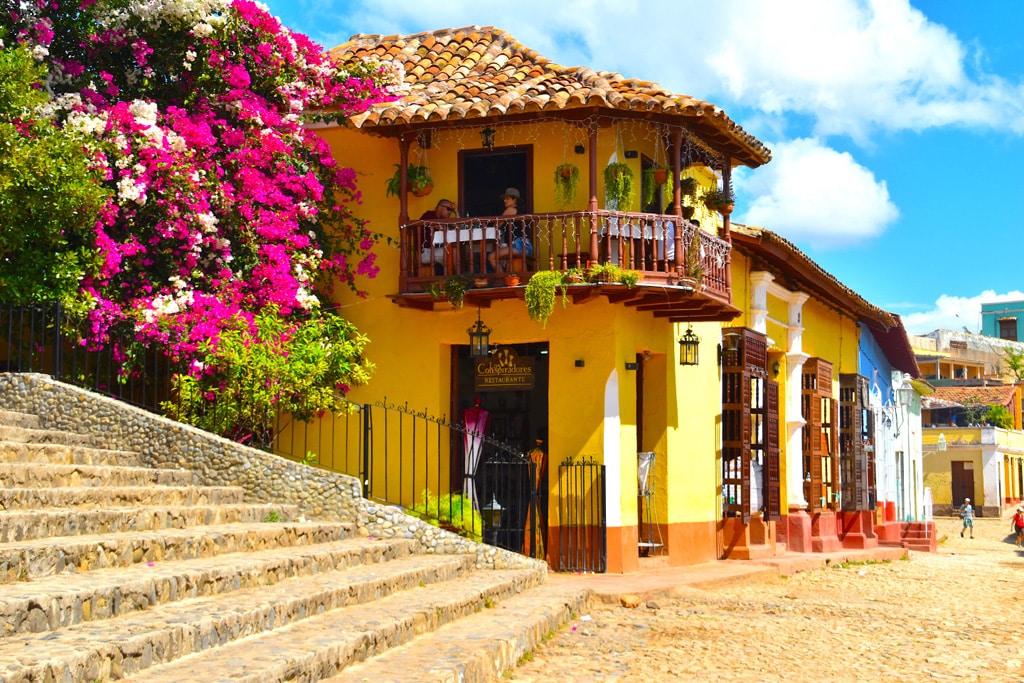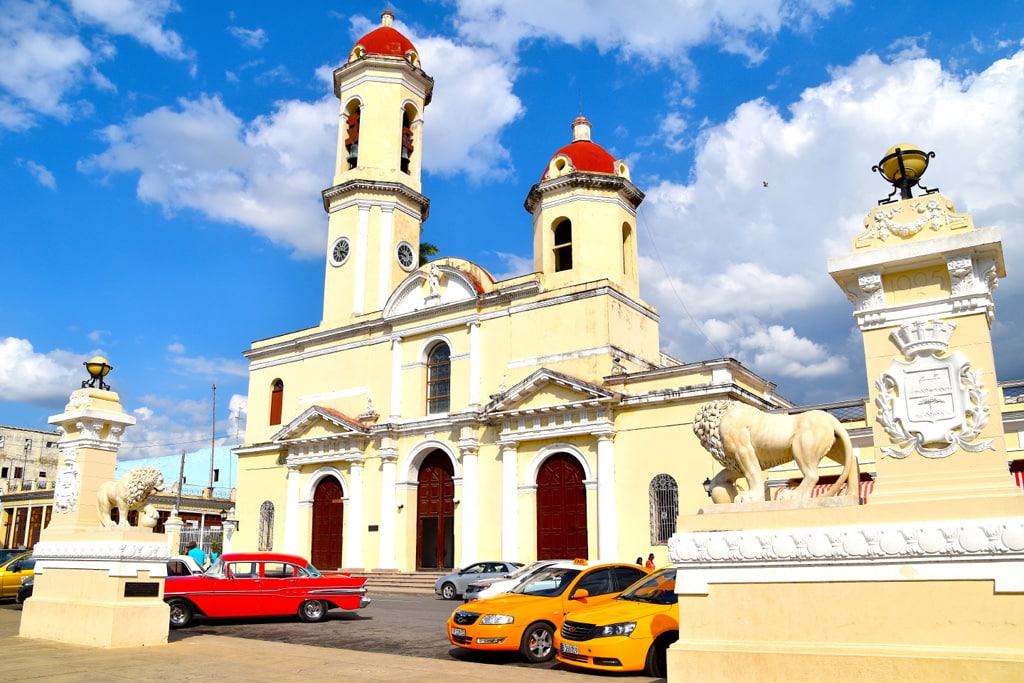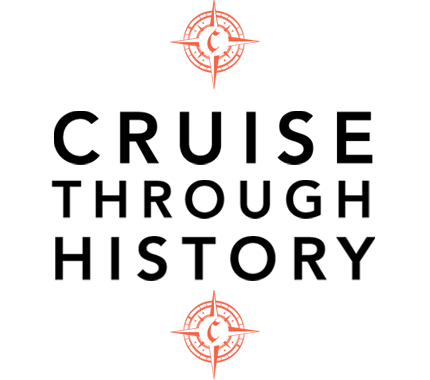Cruise travelers, looking beyond political issues and barriers created, continue their fascination with and desires to travel to Cuba. People-to-people cultural exchanges continue in ground travel but plumbing on cruise ships is more reliable. Cruise travel is a wonderful way to explore culture, art, and history of Cuba.


Cruise ships began arriving in Havana in May 2016. By June 2019, cruise ships ceased docking in Cuban ports. A common misconception floated that President Obama opened travel to Cuba, which was closed by President Trump. The real story is far more complex. Prelude to this story is found in 2019 CTH blog posts – Will Cruise to Cuba End Part 1 & 2.

The requirement that Americans travel to Cuba on cultural exchanges emanates from dictates of Fidel Castro, flexing his muscles at an imposing El Norte culture. Although Castro honeymooned in Miami, he wanted beaches of Cuba not play host to tourists in beach bars. President Obama extended opportunities to federal employees in an Executive Order. Travel to Cuba by Americans did not cease in 2019 and is not the issue now.

To understand why cruise ships ceased docking in ports of Cuba, a little history of the US Embargo is necessary. Note CTH blogs below written in 2019, when the court case began. The 1960s US Embargo on trade to Cuba was born of the response of the United States to human rights of Cubans, losing civil, personal, and property rights in Castro’s establishment of a Marxist/Communist state. In the 1990s, the Soviet Union collapse brought an end to financing Castro’s Cuba. President Clinton came to office with a to-do list that included resolving the embargo. He hit a wall in negotiations and punted to congress. The result was the 1996 Helms-Burton Act. Title III of that act created a right of action in US court, by US residents, to obtain compensation for loss of assets in Cuba.

Presidents Clinton, Bush, and Obama suspended imposition of Title III, thus barring lawsuits by potential claimants. Ironically, though President Trump made anti-Cuba statements, he failed to suspend imposition of Title III, opening the door to claims in US court. Dozens of legal actions were filed in 2019, most failed owing to the passage of time.
Descendants of the owners of Havana Docks Company obtained the first judgement under Title III in January 2023, for $336 million. Havana Docks held a concession to run the Havana port, which in 1960 had forty-four years remaining on the contract. In 1971, the company obtained a ruling from the Foreign Claims Settlement Commission, which certified losses to the company of $9million per year, plus 6% interest. In 2019, heirs to the company filed a lawsuit in Federal District Court in Miami against cruise lines doing business in the US and docking in the port of Havana, for compensation for their losses.

In March 2022, the judge on the case ruled that the defendant cruise lines “trafficked in confiscated property.” It sounds ominous. The cruise lines argued they committed no wrongdoing. They violated no US laws in sailing to Cuba, and they paid dock fees to Cuba. However, docking in Havana triggered action under Title III on the long dormant claim.

Over the last year, the court considered the amount of judgement. The court granted plaintiffs judgement against Carnival Corporation in the amount of $109,671,180.70. Judgement was granted against Norwegian Cruise Lines, Royal Caribbean Corporation, and MSC for $109,848747.87. All defendants indicated they will appeal the case.

The lengthy court opinion restated the human rights cause of the embargo, ranted about cruise lines, and remarked on cruise line income from guests. To lawyers such surplus comments are known as “dicta,” matters extraneous to the ruling. However, dicta can muddy the waters when the appellate court reviews the trial court decision. The appeals court can affirm, overrule, or send the matter back to the trial court for further findings. An end to the litigation is years away. Possibility of a negotiated settlement is unknown.

Meanwhile, congress, and only congress, can resolve the embargo. Ninety miles from the US, Cubans rely on tourism as the third greatest source of income, after sugar sales to the US and almost $4billion a year in transfer payments to Cubans from Americans. The embargo is not a treaty. It is a unilateral decree. Resolution is within the power of congress.
See stories of Cuba in Cruise through History, Itinerary 6 – Ports of the Atlantic Coast of North America, available on Amazon in print and kindle.




